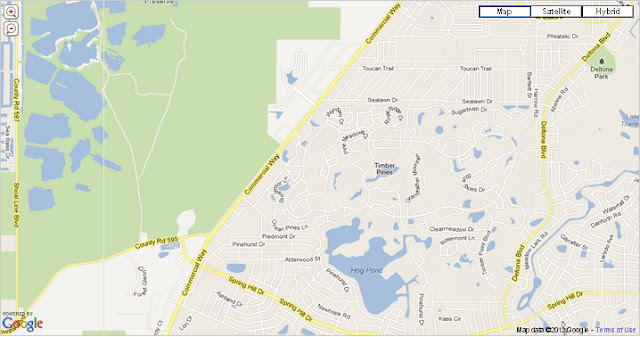A component of red wine has been found to improve mobility
for older people, according to a new study.
Researchers from a university in Pittsburgh have specified
resveratrol, a natural-occurring compound that is also present in red wine,
could aid in improving mobility of older people and subsequently prevent falls.
The group of researchers fed old and young lab mice a diet
that includes resveratrol for a period of 8 weeks while testing their ability
to walk around a balance beam. They then took note of the number of times each
mouse made a misstep. Initially, the older mice found it difficult to traverse
the obstacle but on the 4th week, they made significantly fewer missteps and
seemed to perform as well as the young ones.
“Our study suggests a natural compound like resveratrol,
which can be obtained either through dietary supplementation or diet itself,
could actually decrease some of the motor deficiencies seen in our aging
population. And that would, therefore, increase an aging person’s quality of
life and decrease their risk of hospitalisation due to slips and falls,” said
Dr. Jane Cavanaugh.
Cavanaugh has presented the results at a conference of
American Chemical Society held in Philadelphia, noting that motor-related
problems like difficulty in walking or balancing are the leading causes of
injury among people over the age of 65.
Several medications could aid in alleviating some of the
motor-related effects of Parkinson’s disease, though there is currently no such
treatment for improving walking and balance in adults.
But despite the promising results, they are warning anyone
who would use this as an excuse to drink red wine indiscriminately: resveratrol
is something that is poorly absorbed by the human body. Actually, a 150lb
individual needs to ingest 700 (4oz) glasses of red wine per day to absorb
enough of the compound and achieve any beneficial effect.
They are now actively exploring similar compounds that could
yield the same effects and will be more easily absorbed by the human body.
Also, they are trying to figure out just how much resveratrol goes to the brain
when ingested.
Previous studies have concluded that
resveratrol, typically found in dark-skinned fruits and red wine, has the
potential in reducing cholesterol, risk of cancer and heart disease.


